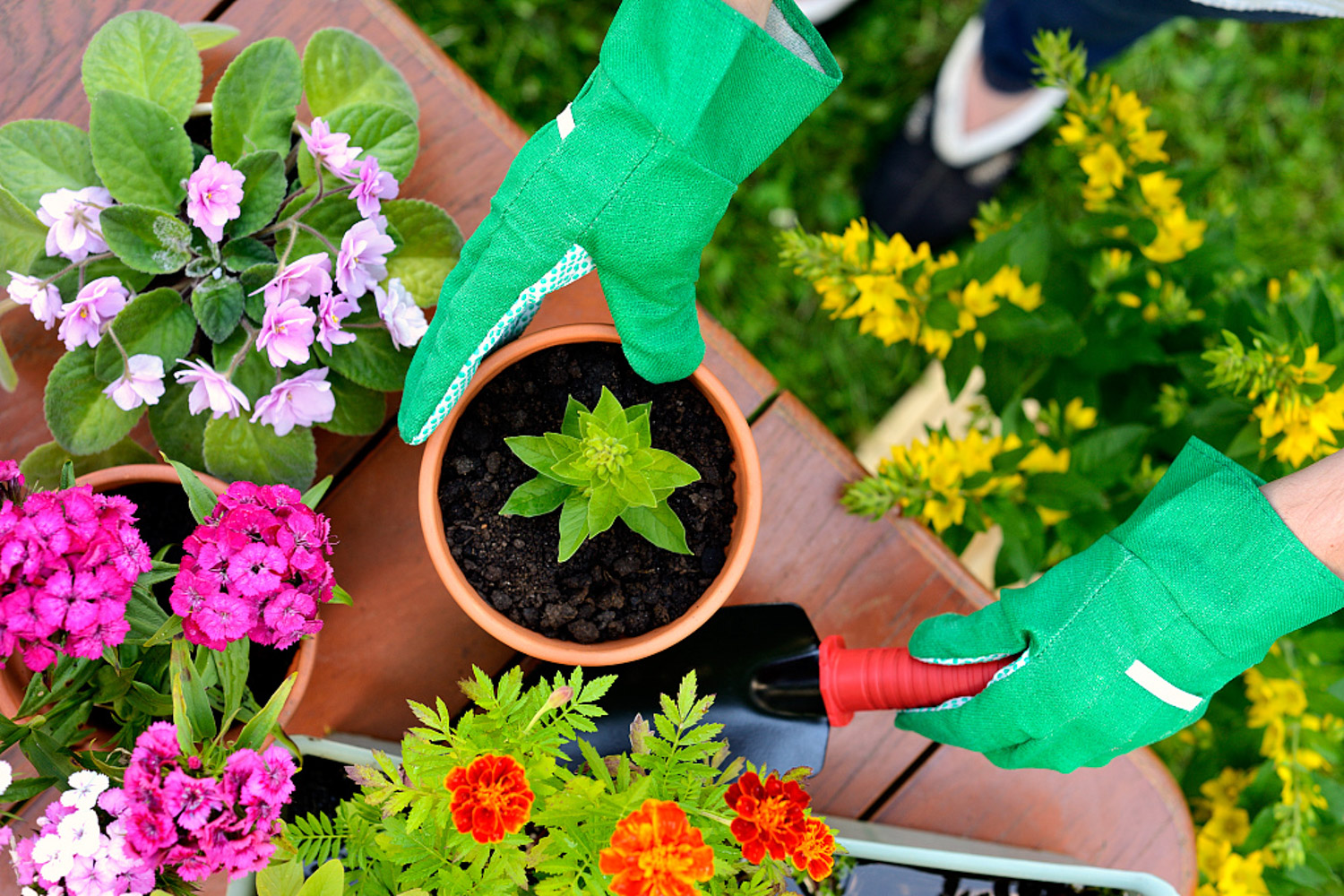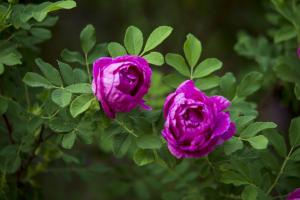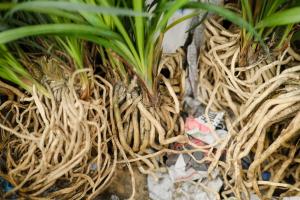Breeding soil selection of crape myrtle
It can be planted in loose and fertile sandy soil. Saline alkali land, diwa, places prone to waterlogging and ponding are not suitable for planting. Crape myrtle likes a dry environment
Fertilizer and water management of crape myrtle
Crape myrtle is drought tolerant and afraid of waterlogging. Generally, it does not need watering. The soil should be kept moist during the growth period. It can be watered before bud germination in spring and after falling leaves in autumn. Drainage should be done in rainy season to prevent rotten roots

Plastic pruning of crape myrtle
Crape myrtle has strong germination ability, so it is necessary to do a reasonable pruning work according to the cultivation purpose. During the growth process, the sprouting tillers on the branches shall be cut in time, pruned in winter, and the ideal shape shall be cut according to the culture

Pest control of crape myrtle
Crape myrtle has few diseases and insect pests, and the disease has powdery mildew. When it is harmful, a layer of white powder will be produced on the back of the leaves, which will affect the falling off of the leaves in serious cases. Carbendazim and chlorothalonil can be used to prevent it. The main pests are aphids and scale insects. Aphids mainly harm the newly sprouted tender leaves and twigs, which will cause coal pollution disease and seriously affect plant growth. The scale insects have milky white spots and white blocks on the trunk and side branches. There will be red liquid secretions after touching with hands. Scale insects will suck the juice of plants, resulting in weak growth of trees. To prevent pests, you can spray it with water mixed with dimethoate, ant and insect forest< span>


 how many times do yo...
how many times do yo... how many planted tre...
how many planted tre... how many pine trees ...
how many pine trees ... how many pecan trees...
how many pecan trees... how many plants comp...
how many plants comp... how many plants can ...
how many plants can ... how many plants and ...
how many plants and ... how many pepper plan...
how many pepper plan...
































